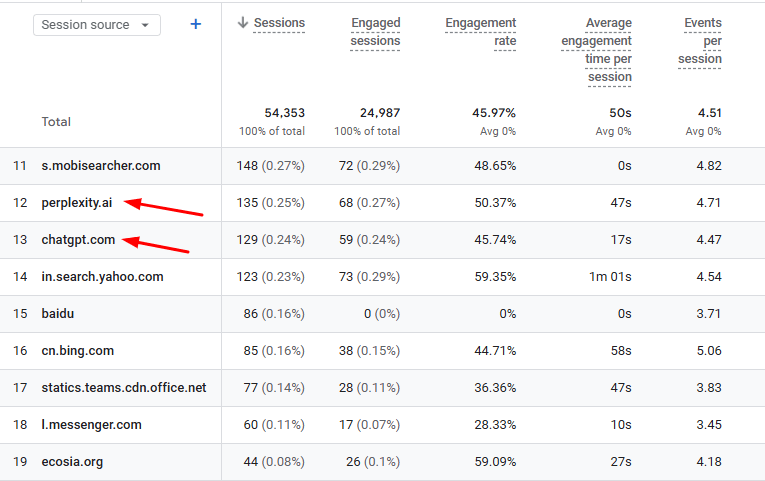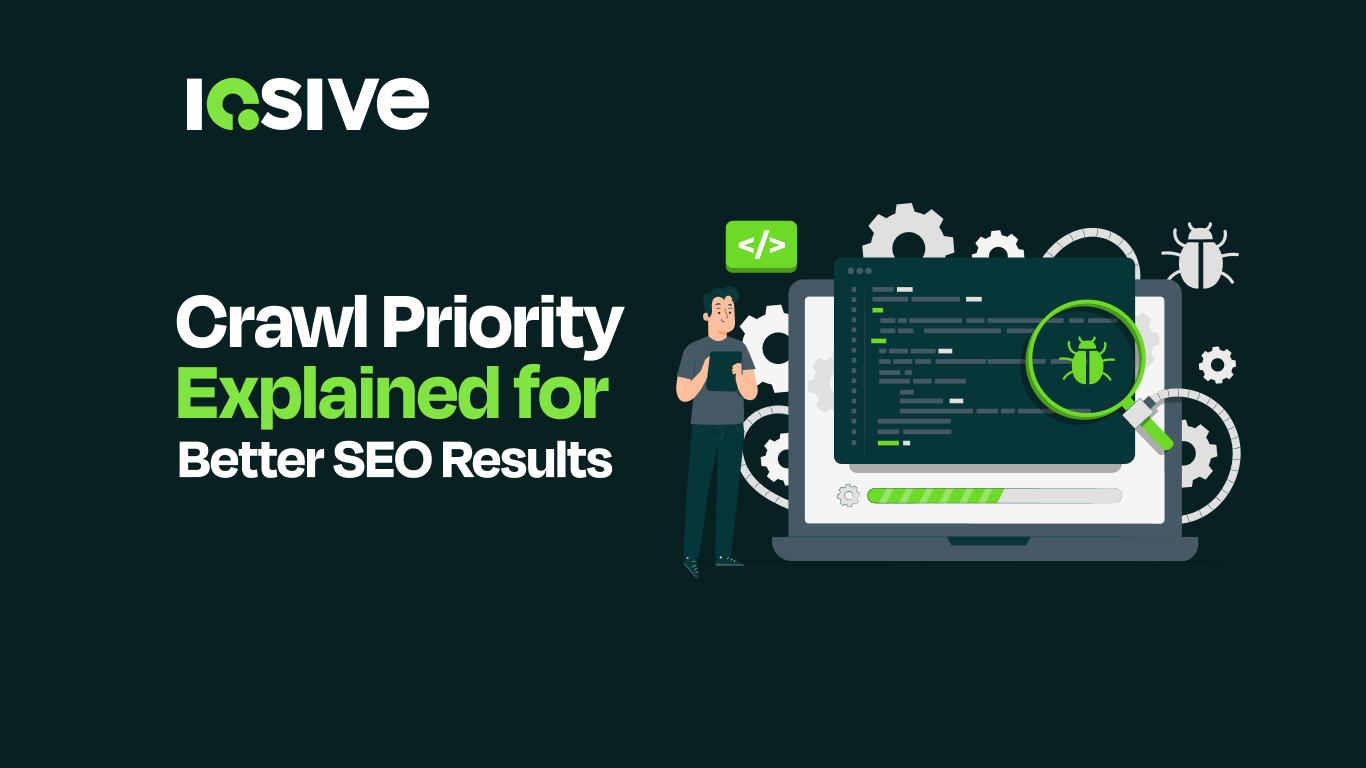Exploring the Similarities and Differences Between GEO and SEO
admin

TABLE OF CONTENTS
What is GEO?
GEO stands for Generative Engine Optimization. It is the process of optimizing digital content to increase its visibility and relevance in AI-generated responses. It involves structuring content, using strategic keywords, and aligning with AI models’ data processing methods to improve the chances of being referenced in generative search results.
How GEO is Different from SEO
Generative Engine Optimization (GEO) and Search Engine Optimization (SEO) share the goal of increasing content visibility, but they differ in their approach and target platforms.
Search Intent vs. AI Comprehension
- SEO focuses on optimizing content for traditional search engines like Google, which rank pages based on relevance, backlinks, and keywords.
- GEO aims to make content easily understood and referenced by AI models that generate responses rather than display ranked links.
Ranking vs. Selection
- SEO prioritizes ranking high in search results through metadata, backlinks, and keyword optimization.
- GEO focuses on structuring content so AI models recognize and use it in their responses.
Keyword Optimization vs. Prompt Alignment
- SEO relies on keyword research to match user searches.
- GEO optimizes content based on how AI interprets language and responds to prompts.
Structured Data vs. Contextual Understanding
- SEO benefits from structured data (schemas, meta descriptions).
- GEO requires content that aligns with AI’s contextual understanding, emphasizing clarity and authority.
User Clicks vs. Direct Answers
- SEO drives traffic to websites through organic search rankings.
- GEO aims for content to be directly referenced in AI-generated responses, reducing the need for clicks.
GEO Best Practices
Follow these key strategies to optimize your content for AI-driven search and improve its chances of being referenced in generative responses.
Understand AI Content Generation
To optimize for generative engines, it’s essential to understand how AI models process and generate content. Focus on clarity, relevance, and authority in your content to increase the chances of it being referenced by AI systems.
Structure Content Clearly
Organize content with clear headings, subheadings, and concise paragraphs to ensure AI models can easily interpret and utilize it. Proper formatting helps AI models understand the context and structure, which improves the likelihood of your content being selected.
Align Content with User Prompts
Create content that directly answers common user queries and aligns with the types of prompts AI models are trained on. By anticipating the kinds of questions users might ask, you increase your chances of being featured in AI-generated responses.
Focus on Authoritativeness and Relevance
Ensure your content is high-quality, accurate, and authoritative on the subject matter. AI models prioritize credible and trustworthy sources, so consistently providing reliable information helps improve your content’s selection rate.
Optimize for Natural Language
AI models rely on natural language processing, it’s important to write in a conversational tone that mirrors how people search and phrase questions. This approach makes it easier for AI to understand and incorporate your content.
Incorporate Structured Data
Use schema markup and other structured data formats to help AI models categorize and interpret your content more effectively. While this is more common in SEO, it can also enhance the relevance and visibility of your content in AI-generated outputs.
How to Optimize Your Website for Generative Search Results
Before optimizing your website for generative search, it’s important to understand that if your site is not well-optimized for traditional search engines, the chances of appearing in generative search results are lower. Many AI-generated responses pull data from search engine rankings. However, if your website is already optimized for SEO but is still not appearing in generative search, follow these key strategies:
1. Create In-Depth, Optimized Content
Instead of focusing solely on keywords with high search volume, prioritize detailed, well-structured content that answers every possible question a user might have on the topic. Write in a conversational tone and ensure comprehensive coverage to increase the likelihood of AI models referencing your content.
2. Build Citation Links
For business websites aiming to appear in generative search recommendations, having strong citation links is essential. Create listings on authoritative platforms like Glassdoor, Trustpilot, and Yelp. If you’re unsure which citation links are relevant for your business, search for your service on Google, check the “About results” section, and identify the sources cited. This helps discover valuable listing opportunities.
3. Rank on the First Page of Search Engines
Generative search results often pull data from the first page of search engines. Since search engines prioritize authoritative websites, strong SEO efforts naturally support GEO success. If your site isn’t ranking on the first page of search engines, it is unlikely to appear frequently in generative search results.
GEO shares many similarities with SEO, as both focus on optimizing content for visibility. Some businesses market GEO as a separate service, but if your website follows best SEO practices and is authoritative, additional GEO efforts may not be necessary. In many cases, GEO is simply a rebranded concept rather than an entirely new optimization strategy.
By following these strategies, you can improve your chances of appearing in AI-generated search results while strengthening your overall search presence.











